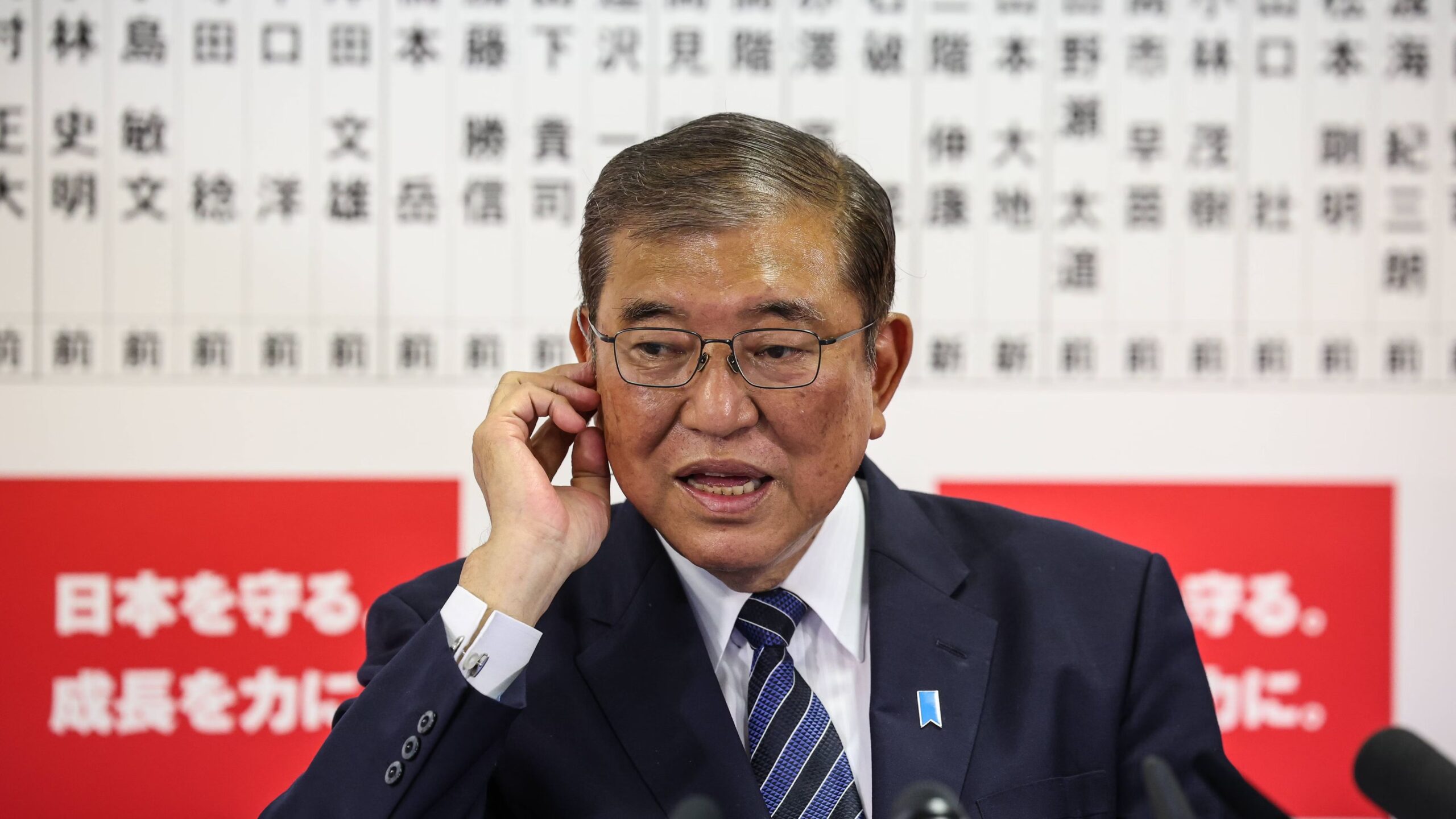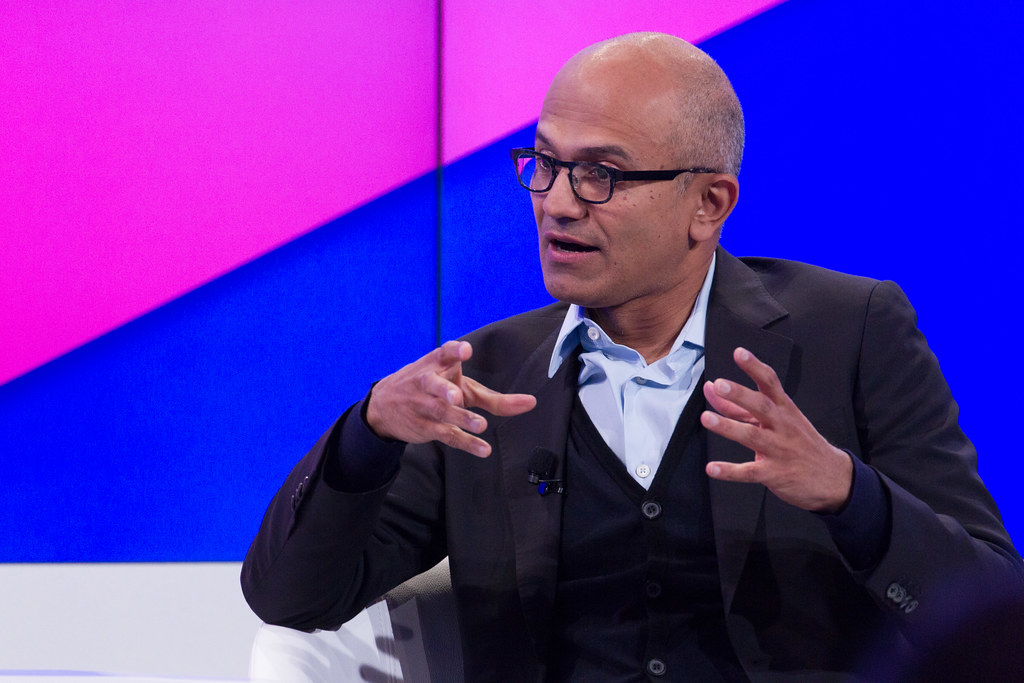In a recent development, the United States Justice Department has strongly opposed a motion by former Ethereum developer Virgil Griffith to reduce his prison sentence for violating sanctions on North Korea. In a letter submitted to the U.S. District Court for the Southern District of New York on June 17, U.S. Attorney Damian Williams argued that Griffith’s request to shorten his sentence should be denied, emphasizing the seriousness of his actions and continued lack of compliance during his imprisonment.
Background of the Case
Virgil Griffith, a prominent figure in the cryptocurrency world, was sentenced in April 2022 to 63 months in prison and fined $100,000. His sentence came after he pleaded guilty to charges of providing services to North Korea, in violation of U.S. sanctions. Griffith’s involvement with the isolated nation included attending and speaking at a cryptocurrency and blockchain conference in Pyongyang in 2019, where he offered advice on how the country could use crypto to circumvent international sanctions and facilitate money laundering. Despite serving some time behind bars before his sentencing, his projected release date is set for January 2026.
U.S. Attorney Damian Williams has laid out a robust case against reducing Griffith’s sentence. In his letter, Williams emphasized that Griffith knowingly provided critical services to North Korea, a nation notorious for human rights abuses and hostile actions against the United States.
- Sanctions Violation: Griffith’s actions were aimed at helping North Korea evade both U.S. and U.N. sanctions.
- Knowledge of Atrocities: Despite being aware of the country’s internal atrocities and threats against the U.S., Griffith chose to assist them.
- Ongoing Disobedience: Even while incarcerated, Griffith has demonstrated a disregard for rules, facing multiple disciplinary actions for minor infractions like stealing soap and tea.
Williams stated, “Griffith chose to evade the sanctions of his own country to provide services to a hostile foreign power, specifically, services designed to teach and encourage the use of cryptocurrency and blockchain technology to further evade U.S. and United Nations sanctions. Griffith acted despite knowing that North Korea was committing atrocities against its own people and had made threats against the United States, including nuclear capabilities.”
Defense’s Argument and Psychological Condition
Griffith’s defense team has argued for leniency, citing his psychological conditions. They claim that Griffith suffers from obsessive-compulsive personality disorder and narcissistic personality disorder, which contributed to his fascination with North Korea. These conditions allegedly drove his actions, leading him to breach U.S. sanctions in a misguided pursuit of influence and recognition.
During his sentencing, Griffith expressed regret, stating he had been “cured” of his obsession with North Korea, particularly in light of the global response to Russia’s invasion of Ukraine. However, the prosecutors and the court remain skeptical of his change of heart.
The Bureau of Prisons has documented several disciplinary issues involving Griffith during his incarceration at the Federal Correctional Institution in Milan, Michigan. These incidents, though minor, such as attempting to steal soap and tea, reflect Griffith’s continued non-compliance with institutional rules. Prosecutors argue that these actions do not support a case for reduced sentencing.
Williams highlighted, “The defendant’s recent conduct [doesn’t] demonstrate any basis for additional leniency […] At the very least, these incidents do not suggest a newfound respect for government rules and regulations.”
Griffith’s legal team has sought a sentence reduction based on changes to U.S. sentencing guidelines that occurred after his conviction. Under these revised guidelines, the court could consider lowering the recommended sentence range for Griffith’s conviction from 63 to 78 months to 51 to 63 months. If approved, this adjustment could make him eligible for release as early as January 2025, potentially shortening his time in prison by up to a year.
Judge’s Perspective and the Court’s Decision
During the sentencing hearing in April 2022, Judge Kevin Castel commented on Griffith’s lack of ideological commitment, suggesting that his actions were driven more by a desire for personal attention rather than any political or ideological motive. Castel observed that Griffith would likely “play off both sides, as long as he is at the center.”
Griffith’s legal team is expected to respond to the U.S. government’s opposition letter within 14 days. The outcome of this motion will determine whether his sentence will be adjusted under the new guidelines.
In addition to his prison sentence, Griffith faces a separate penalty from the U.S. Department of Commerce. He has been handed a 10-year export privilege ban, effective until 2032, which prohibits him from engaging in transactions involving U.S. commodities, software, or technology. This ban significantly restricts his professional activities in the technology sector and highlights the broader repercussions of his actions beyond criminal sentencing.
| Aspect | Details |
|---|---|
| Sentence | 63 months in prison, $100,000 fine |
| Potential Reduction | Could be reduced to 51 months under new guidelines |
| Current Release Date | January 2026 |
| Possible New Release | January 2025 (if sentence is reduced) |
| Conference Location | Pyongyang, North Korea |
| Key Actions | Advised on evading sanctions using cryptocurrency |
| Legal Defense | Claims of mental health issues influencing actions |
| Disciplinary Issues | Several minor infractions in prison |
| Export Ban Duration | 10 years (until 2032) |
| Judge’s Comment | Suggested Griffith lacked ideological commitment |
The U.S. Justice Department’s firm stance against reducing Virgil Griffith’s sentence underscores the gravity with which the government views violations of its sanctions policies. Griffith’s continued defiance of rules, both outside and within prison, paints a challenging picture for his bid for leniency. As the court deliberates on this motion, the broader implications for sanction enforcement and the intersection of technology with international law remain in sharp focus.









